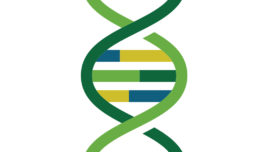Genetic Variation among Humans
Over 99% of all DNA sequences are identical among all people. The small percentage that is different helps make each person unique. Those small differences explain why some people have blue eyes and others have brown eyes. They explain why some people are colorblind while others can differentiate between turquoise and cerulean. Genetic variation is... Read More

